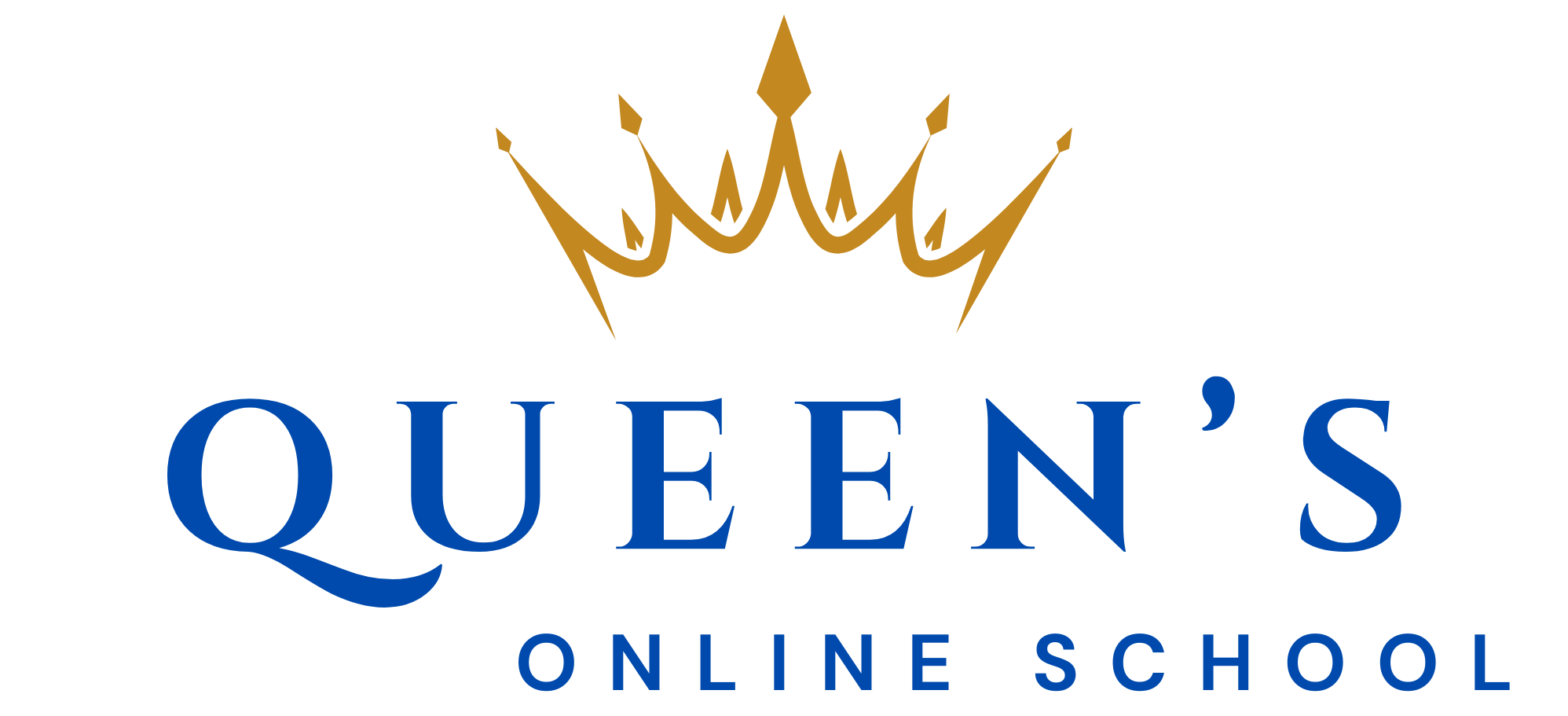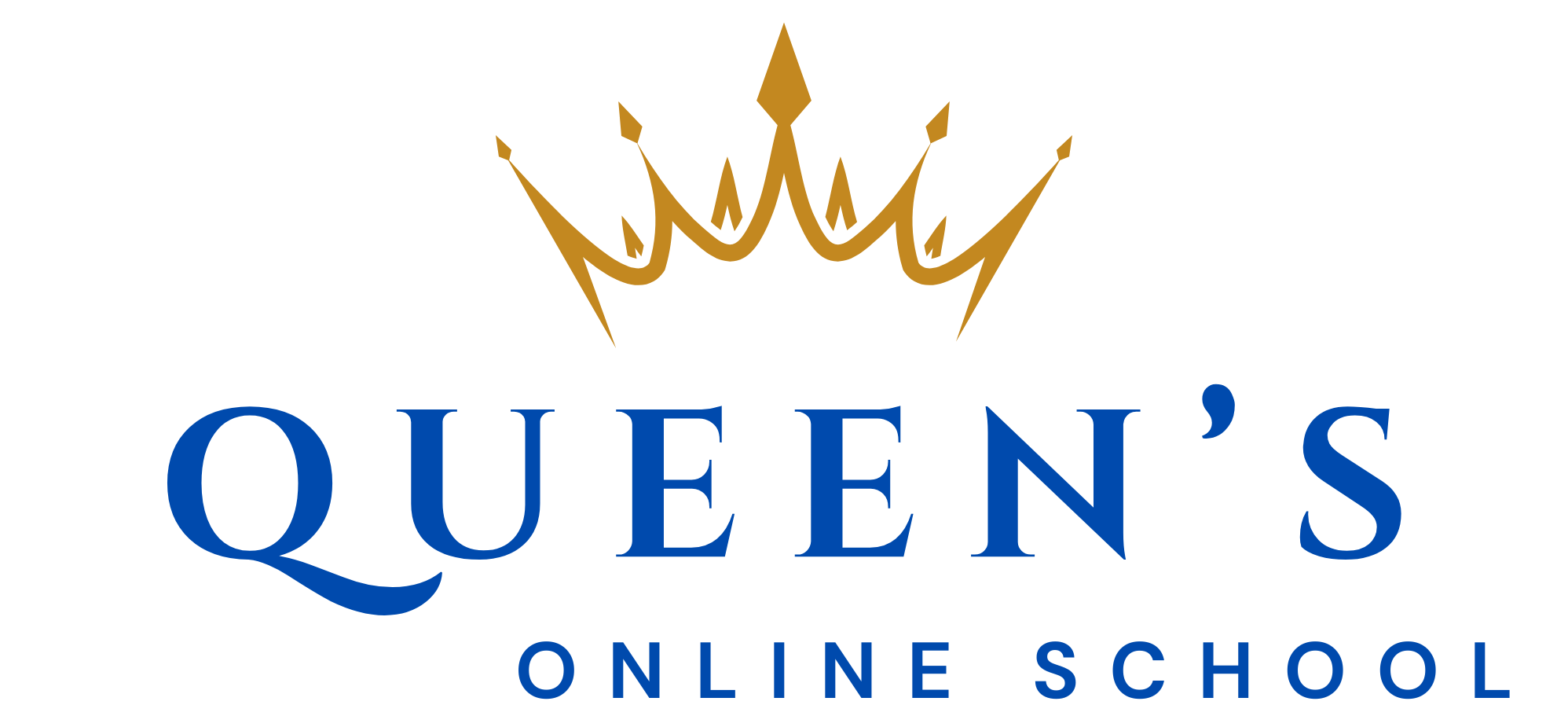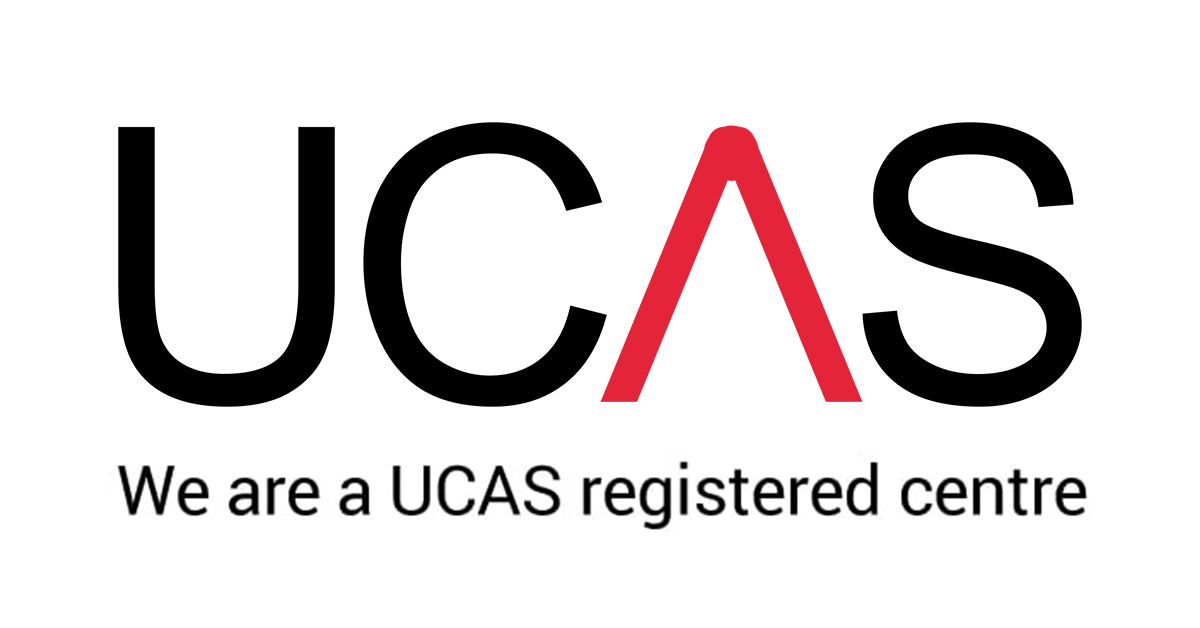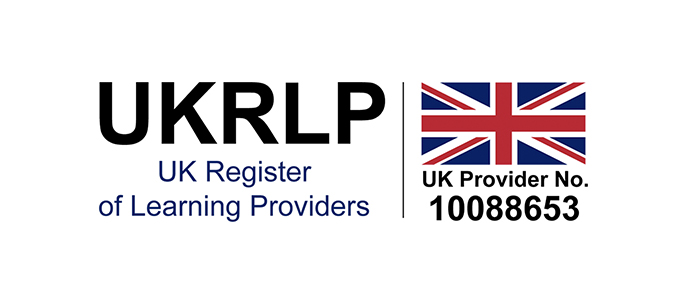International A Level Psychology (IAL)
Pearson Edexcel – Qualification Codes: WPS01/ WPS02 (IAS), WPS03/ WPS04 (IAL)
Why Study This Course?
The Pearson Edexcel International Advanced Level in Biology provides students with a comprehensive understanding of biological principles, preparing them for further studies in medicine, environmental science, genetics, and life sciences. This course fosters scientific inquiry, practical experimentation, and problem-solving, making it ideal for students with a strong interest in the natural world.
This course is ideal for students who:
- Have a passion for biological sciences and exploring the complexity of living organisms.
- Want to develop scientific and analytical skills applicable to medical, environmental, and research careers.
- Enjoy conducting practical experiments and applying theoretical knowledge to real-world biological contexts.
- Are considering university degrees in Medicine, Biomedical Sciences, Genetics, Pharmacy, Ecology, or Biotechnology.
- Wish to gain a globally recognised qualification that supports progression to top universities and professional fields.
Who is This Course For?
This course is suitable for students who:
- Enjoy exploring human emotions, behaviour, and cognitive functions.
- Want to develop research, statistical, and analytical skills.
- Aspire to work in mental health services, research institutions, or business psychology.
- Are keen to explore the effects of social and biological influences on behaviour.
This course fosters scientific inquiry, analytical thinking, and practical research skills, essential for higher education and professional careers in psychology, health sciences, and business.
1. Research and Statistical Analysis
- Conducting experiments, observational studies, and case studies.
- Analysing quantitative and qualitative data.
- Understanding statistical significance, hypothesis testing, and ethical considerations.
2. Critical Thinking and Theoretical Evaluation
- Evaluating classic and contemporary psychological theories.
- Analysing real-world psychological case studies.
- Assessing the reliability and validity of psychological experiments.
3. Application of Psychology to Real-World Situations
- Understanding mental health conditions, therapy techniques, and interventions.
- Exploring the role of psychology in law, healthcare, education, and business.
- Developing problem-solving skills in relation to human behaviour.
The course assesses students based on the following objectives:
| Objective | Description | Weighting |
|---|---|---|
| AO1 | Demonstrate knowledge and understanding of psychological concepts, theories, and studies | 30% |
| AO2 | Apply psychological knowledge to real-world scenarios and case studies | 30% |
| AO3 | Analyse, interpret, and evaluate psychological research and experiments | 20% |
| AO4 | Conduct independent research and problem-solving in psychology | 20% |
Strong Preparation for University and Beyond
This course provides a solid foundation for degree-level study in Psychology, Neuroscience, and Cognitive Science.
Recognition by Top Universities
The Pearson Edexcel International A-Level in Psychology is widely recognised by universities, employers, and research institutions worldwide.
Development of Research and Analytical Skills
Students develop psychological research skills, statistical analysis, and ethical awareness, which are valuable in psychology, law, business, and healthcare.
Engaging and Real-World Applications
The course covers mental health, criminology, and health psychology, ensuring students engage with real-life case studies and practical psychology.
Course Structure
The qualification consists of four externally assessed units, divided into two levels:
International Advanced Subsidiary (IAS) – Equivalent to AS Level
Unit 1: Social and Cognitive Psychology (IAS – 40%)
Exam Duration: 1 hour 30 minutes
Assessment Format: External written examination
Topics Covered:
- Social Psychology – Obedience, conformity, social influence, group dynamics.
- Cognitive Psychology – Memory models, attention, perception, and problem-solving.
Assessment Overview:
- Section A: Short-answer and data-response questions.
- Section B: Extended writing on social or cognitive psychology.
Unit 2: Biological Psychology, Learning Theories, and Development (IAS – 60%)
Exam Duration: 2 hours
Assessment Format: External written examination
Topics Covered:
- Biological Psychology – Brain structure, neurotransmitters, aggression, sleep.
- Learning Theories – Behaviourism, classical and operant conditioning.
- Developmental Psychology – Cognitive and social development in childhood.
Assessment Overview:
- Section A & B: Short-answer and extended response questions.
- Section C: Scenario-based analysis and problem-solving tasks.
International Advanced Level (IAL) – Full A-Level
Unit 3: Applications of Psychology (IA2 – 40%)
Exam Duration: 1 hour 30 minutes
Assessment Format: External written examination
Topics Covered:
- Developmental Psychology – Attachment, childhood development, social learning.
- Developmental Psychology – Attachment, childhood development, social learning.
- Criminological Psychology – Psychological theories of crime and rehabilitation.
- Health Psychology – Stress, coping mechanisms, and health-related behaviours.
Assessment Overview:
- Section A: Short-answer and essay questions on developmental psychology.
- Section B: Analysis of either criminological or health psychology based on the chosen topic.
Unit 4: Clinical Psychology and Psychological Skills (IA2 – 60%)
Exam Duration: 2 hours
Assessment Format: External written examination
Topics Covered:
- Clinical Psychology – Mental disorders (e.g., schizophrenia, depression), treatments.
- Psychological Skills – Research methods, statistical analysis, ethics in psychology.
Assessment Overview:
- Section A: Clinical psychology short-answer questions.
- Section B: Extended response and research-based questions.
- Section C & D: Critical analysis of psychological research and ethical considerations.






